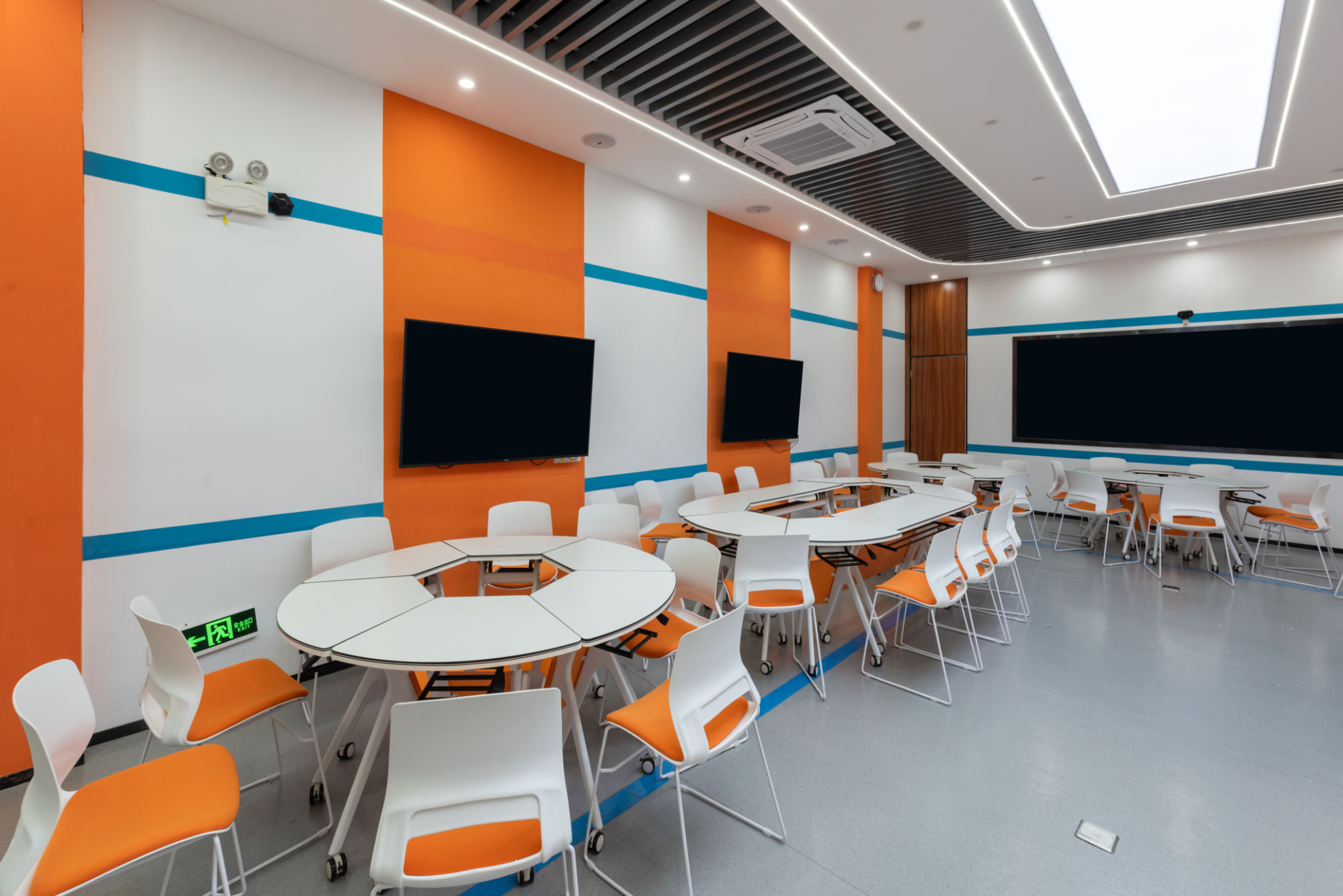The Future of Educational Technology in India: What to Expect
Introduction to Educational Technology in India
The landscape of education in India is witnessing rapid transformation, driven by advances in technology. As the country embraces digital solutions, educational technology is poised to play a crucial role in shaping the future of learning. With a growing emphasis on personalized and accessible education, technology is set to revolutionize how students learn and educators teach.
India, with its vast population and diverse educational needs, presents a unique opportunity for tech-driven educational solutions. As schools and universities increasingly integrate technology, there is a clear shift towards more innovative and interactive learning environments.

Personalized Learning Experiences
One of the most significant impacts of educational technology is the ability to offer personalized learning experiences. Adaptive learning platforms use data analytics to tailor educational content to the individual needs of each student. This approach not only enhances understanding but also keeps students engaged by addressing their unique learning paces and styles.
In India, where classrooms often consist of large numbers of students, personalized learning can bridge the gap between traditional teaching methods and the need for individual attention. By leveraging AI and machine learning, educational tools can continually assess and adjust to student performance, ensuring optimal learning outcomes.

Virtual and Augmented Reality in Classrooms
Virtual Reality (VR) and Augmented Reality (AR) are emerging as powerful tools in the educational sector. These technologies offer immersive learning experiences that can bring subjects to life, making complex concepts easier to understand. In India, where access to quality educational resources can be limited, VR and AR can provide students with virtual labs, field trips, and simulations that enhance their learning journey.
By transforming theoretical knowledge into experiential learning, VR and AR not only make education more engaging but also foster critical thinking and problem-solving skills among students. As these technologies become more affordable and accessible, their integration into Indian classrooms is expected to grow significantly.

Online Learning Platforms and MOOCs
Online learning platforms and Massive Open Online Courses (MOOCs) are reshaping the educational landscape in India. These platforms offer a wide range of courses across various disciplines, making education more accessible to learners from all walks of life. With internet connectivity reaching even the remotest parts of the country, online education is becoming a viable option for millions of students.
MOOCs not only provide access to high-quality educational content but also allow learners to study at their own pace. This flexibility is particularly beneficial for working professionals and lifelong learners looking to upgrade their skills or switch careers. As more Indian students embrace online learning, the demand for diverse and comprehensive course offerings is expected to rise.
The Role of Artificial Intelligence
Artificial Intelligence (AI) is set to play a pivotal role in transforming education in India. AI-powered tools can automate administrative tasks, provide intelligent tutoring systems, and offer data-driven insights into student performance. This frees up valuable time for educators, allowing them to focus on personalized instruction and mentorship.
Furthermore, AI can help identify areas where students are struggling, enabling timely interventions that improve learning outcomes. As AI continues to evolve, its applications in education are likely to expand, offering new opportunities for both students and educators.

Challenges and Opportunities
While the future of educational technology in India is promising, there are challenges that need to be addressed. Infrastructure limitations, digital literacy gaps, and disparities in access to technology remain significant hurdles. To fully realize the potential of edtech, concerted efforts from policymakers, educators, and technology providers are essential.
Despite these challenges, the opportunities presented by educational technology are immense. By fostering collaboration between public and private sectors, India can create an ecosystem that supports innovation and ensures equitable access to quality education for all its citizens.